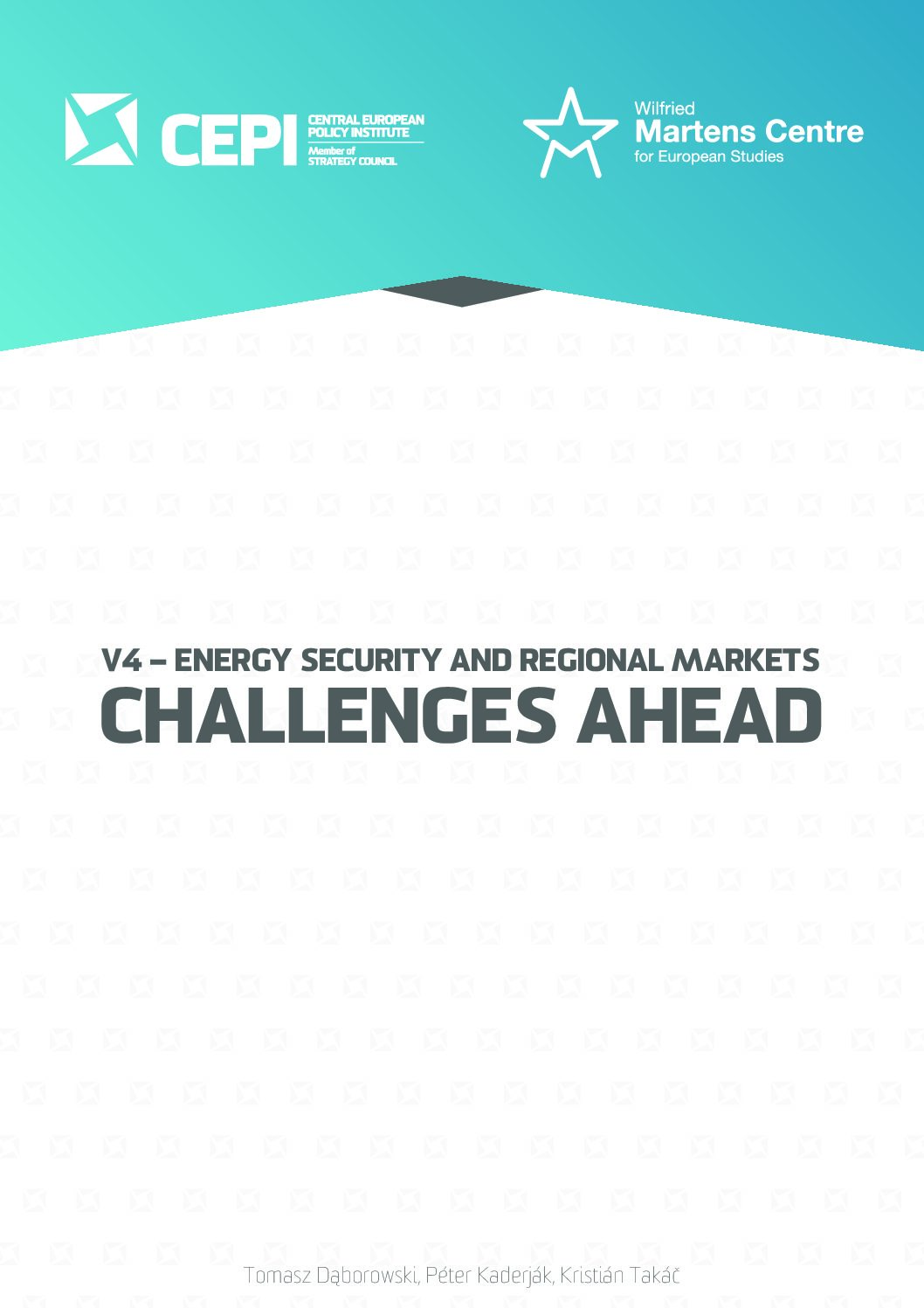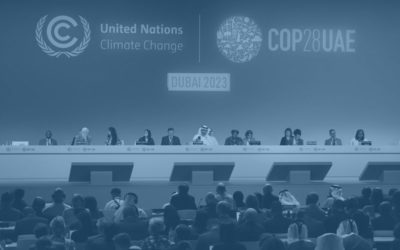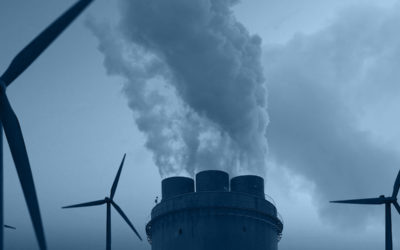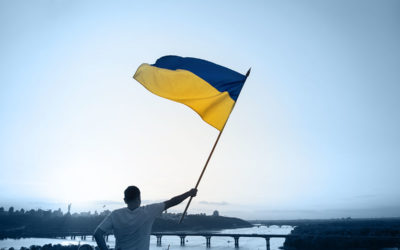Related publications
-
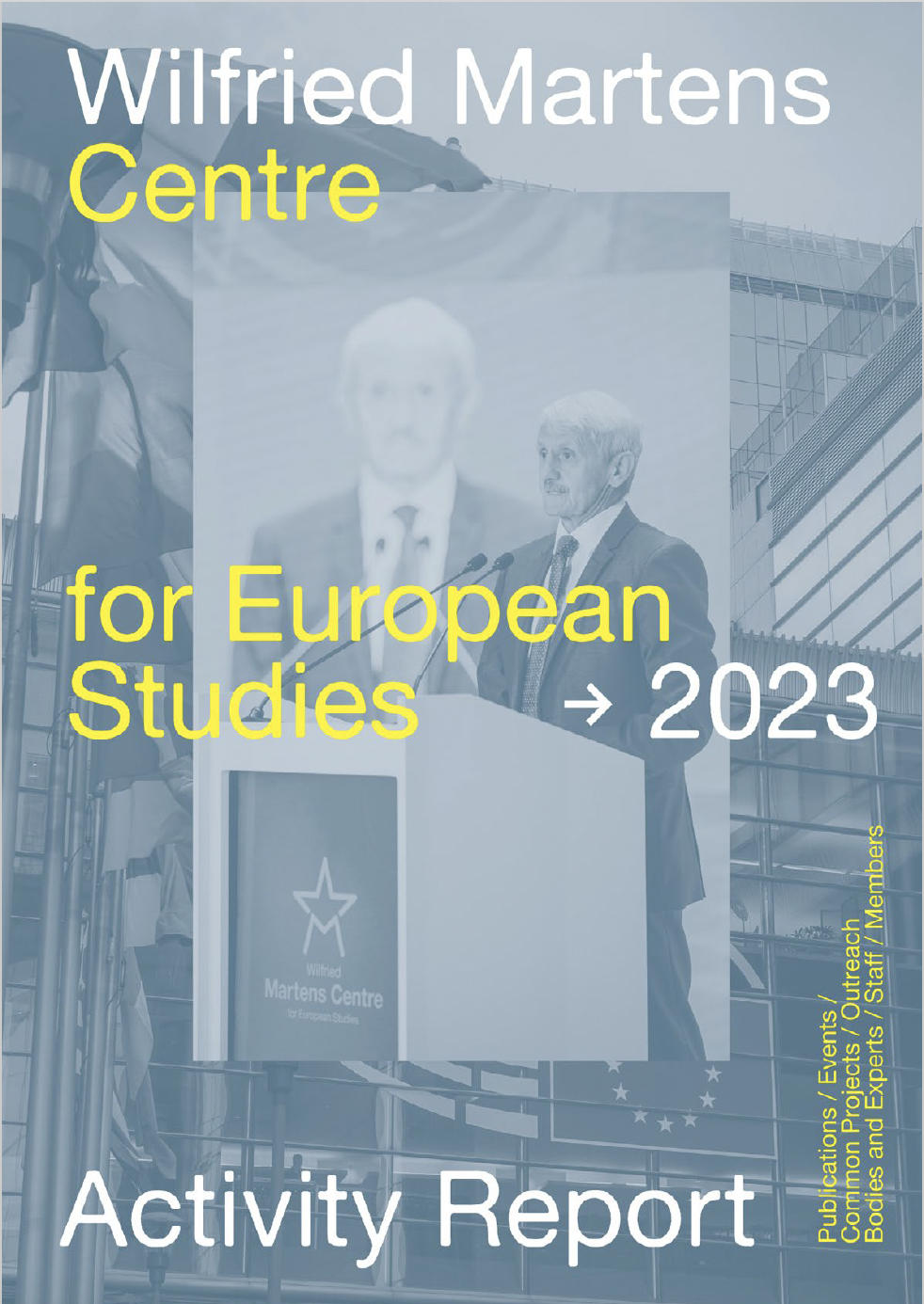
Activity Report
Activity Report 2023
-

The 7Ds
The 7Ds – Defence in Depth
-

Collaborative
Finland in the European Union– What next?
-
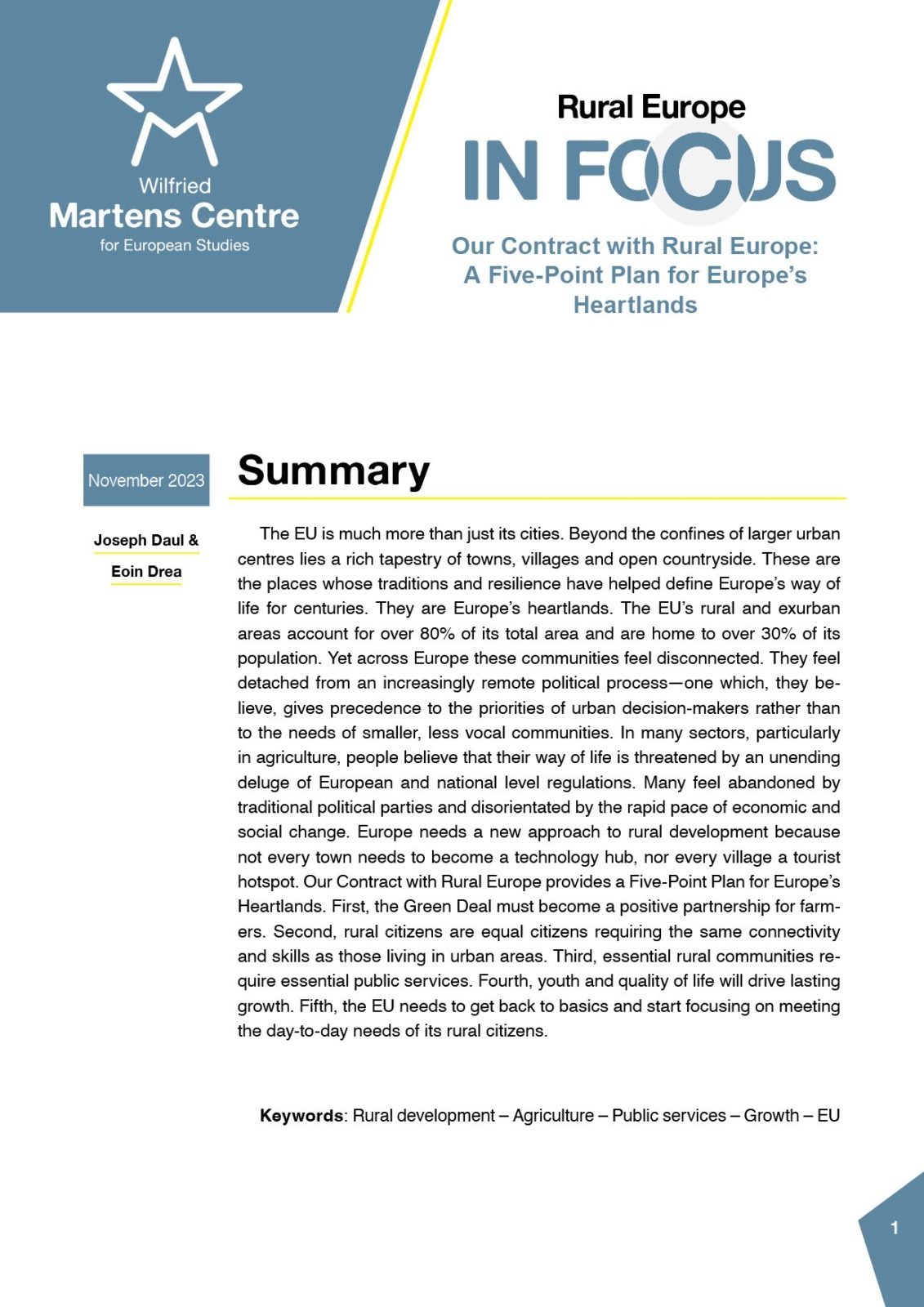
IN FOCUS
Rural Europe: Our Contract with Rural Europe – A Five-Point Plan for Europe’s Heartlands
-
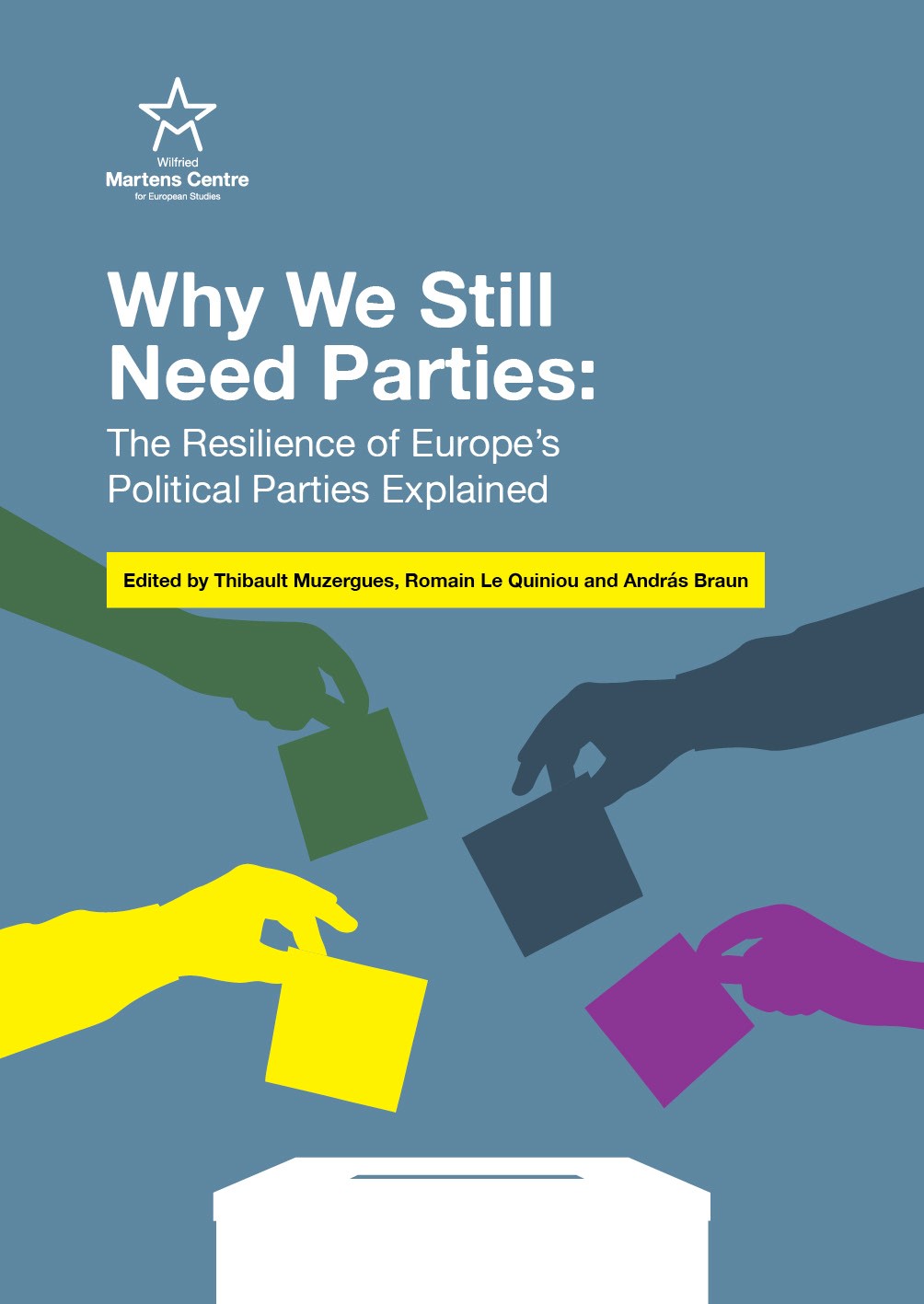
Collaborative
Why We Still Need Parties: The Resilience of Europe’s Political Parties Explained
-
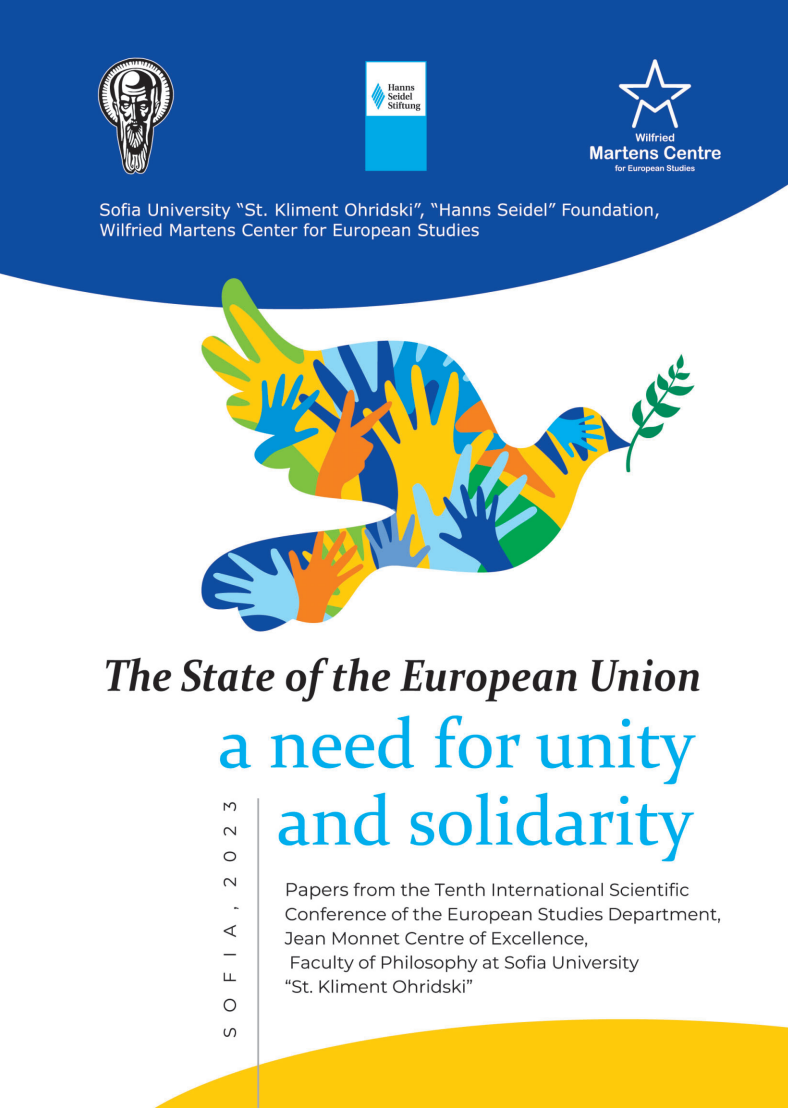
Collaborative
The State of the European Union – A Need for Unity and Solidarity
-

Collaborative
A Blueprint For Accelerated Integration and Phasing-In
-

Future of Europe
Middle-Class Concerns and European Challenges: A Data-Driven Study from a Centre–Right Perspective


